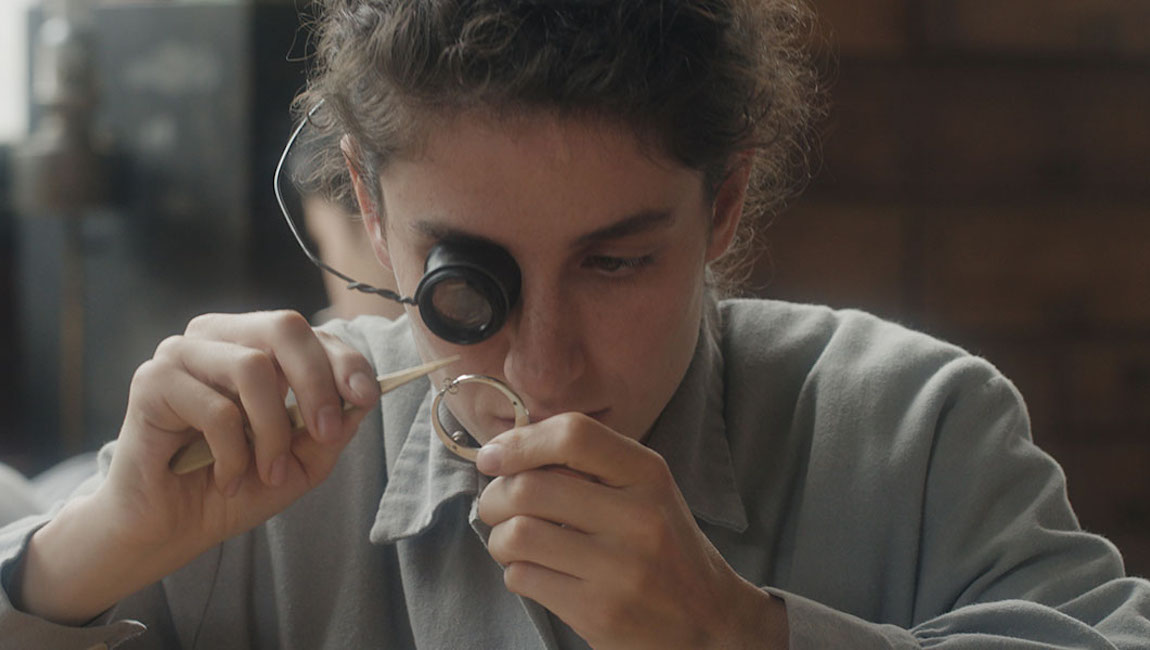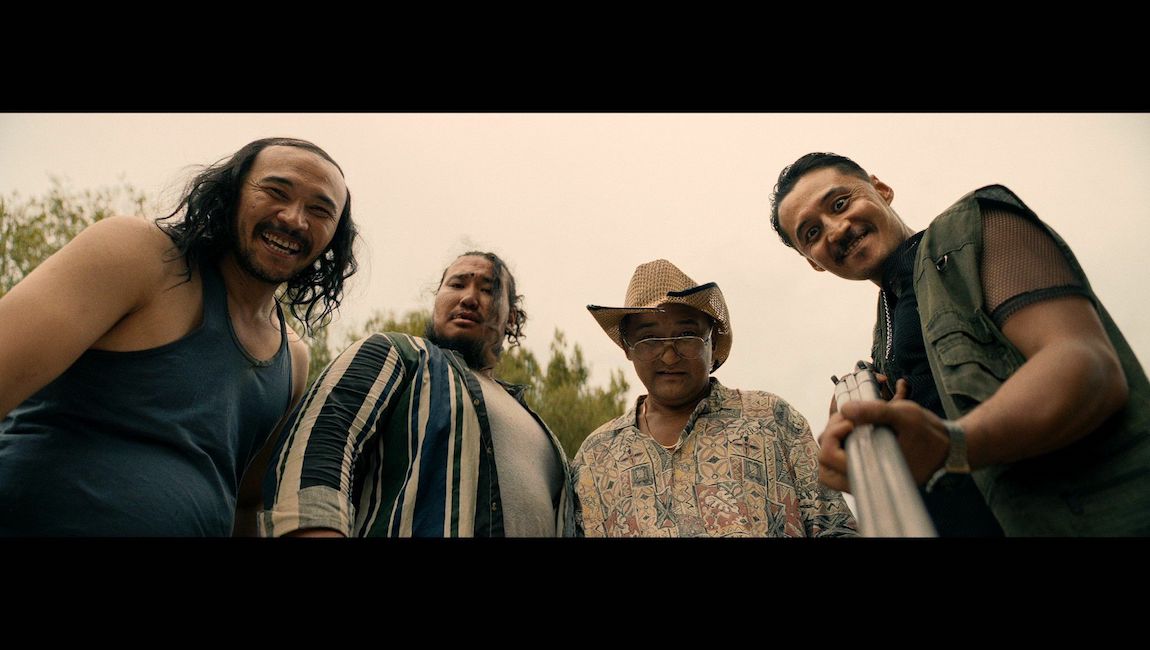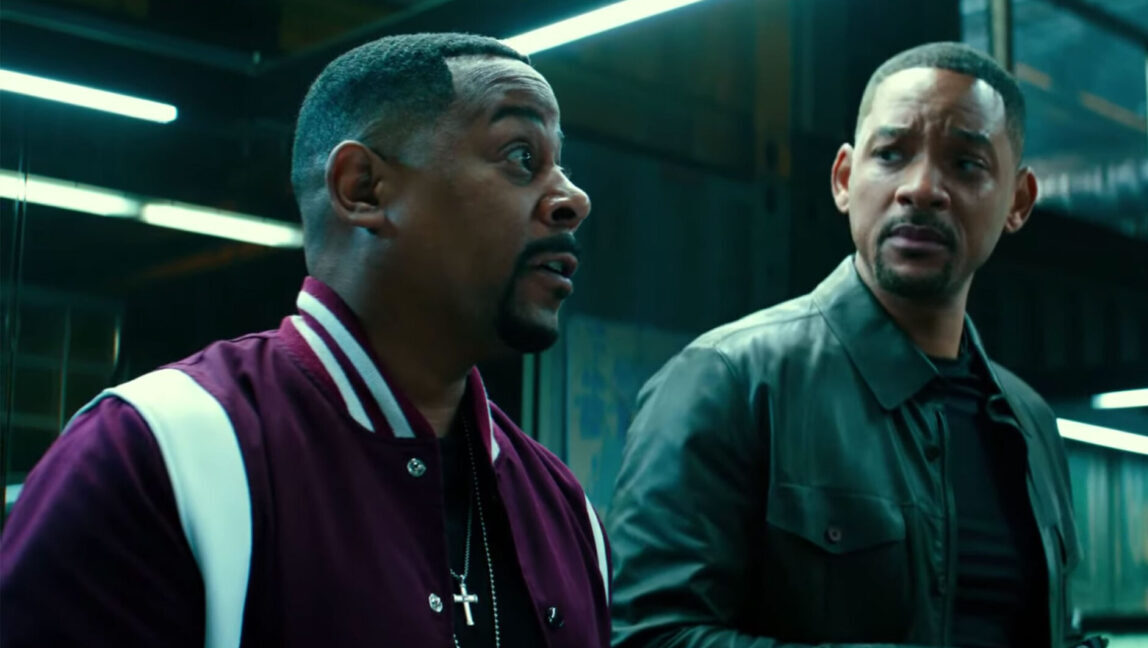In his 2017 film Those Who Are Fine, Cyril Schäublin provided a quiet yet jaundiced view of his home nation of Switzerland. He depicted the Swiss as a people so narcotized by civility and politeness that they unwittingly go through each day contributing to their own exploitation. With Unrest, Schäublin brings that idea to the level of critical analysis, articulating a precise point in Swiss history when all radical possibility became actively, even gently foreclosed. Centered on a watch factory near the Jura Mountains, Unrest begins and ends with the arrival of an outside observer, someone who is quite literally trying to redraw the bounds of society.
This observer is anarchist theorist Pyotr Kropotkin (Alexei Evstratov), who is using his identity as a cartographer to “watch the watchmen,” seeing how the principles of anarchism might take hold in this community were it not for the deceptive evenhandedness of the factory’s director (Valentin Merz) and the calm, friendly gendarme (Laurent Ferrero) who issues his diktats in the form of pleasant suggestions. By Kropotkin’s reckoning, this hyper-socialization could in fact make the citizens capable of living their lives without a power structure. In bars, meetings, and on the factory floor, everyone tries to abide by majority rule and solves problems with a show of hands.
But Unrest carefully articulates a new set of social guidelines, ones still taking shape in the 19th century. Schäublin depicts the process by which competing notions of time and space are being reconciled, always in favor of capital. When Kropotkin goes to the telegraph office to send a message home, he is confused by the clerk who asks him which of four “times” he wants to use: factory time, church time, local time, or municipal time. Unrest shows how temporal objectivity, something we now take for granted, was in fact a social development and a political tool. As Schäublin shows, this struggle over time is mirrored by the factory owners’ embrasure of “scientific management,” Frederick Taylor’s idea that the ideal worker can be made by timing and retiming all parts of the manufacturing process, minimizing hand and body movements, and thereby maximizing profit.
The irony of Unrest – that Swiss watchmakers are in the process of realigning our very idea of lived time – is not lost on Schäublin. Although we see lots of different workers on the factory floor, he focuses our attention on Josephine (Josephine Gräbli), a young woman whose knowledge about her craft, the setting of particular elements of the clockwork in pocket watches, contrasts with her interest in photography, anarchism, and Kropotkin himself. She is a working-class intellectual whose ability to thrive is being curtailed by the firm hand of industrial discipline. Kropotkin intends to draw a new map of the town, one based on the names, routes, and designations used by the working people, not those imposed by the state. But the factory and the state are obsessed with making people “go the right way,” using direct routes that shave off precious travel time. At the end of Unrest, Josephine and Kropotkin have agreed to measure such a path, only to abandon the stopwatch and disappear. Like the Italian Autonomia writers of the present day, Schäublin suggests that the labor of transforming society might just start with refusing to labor at all.
Published as part of TIFF 2022 — Dispatch 4.







